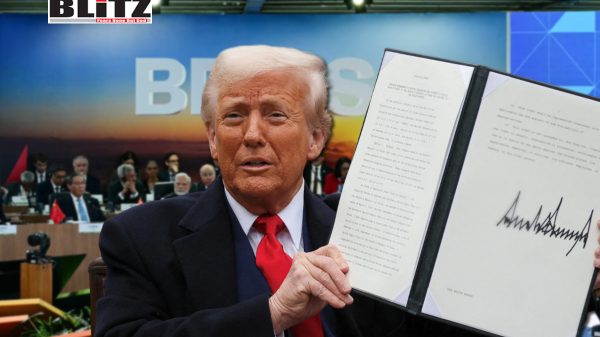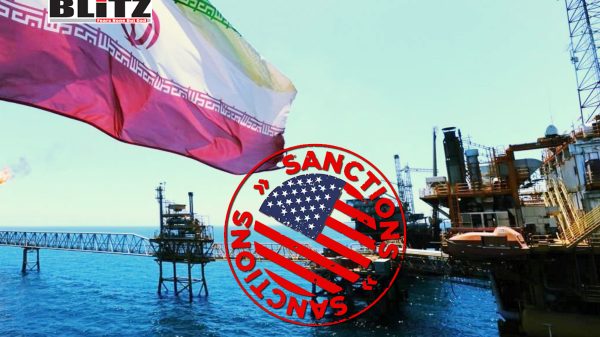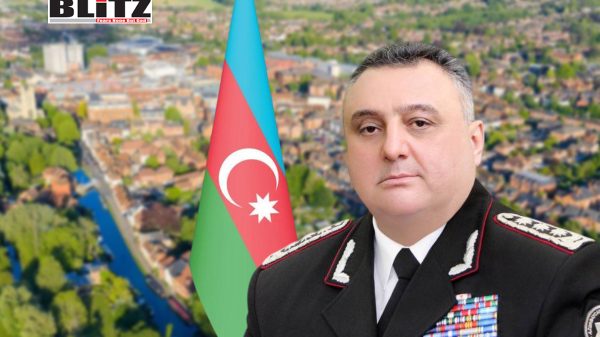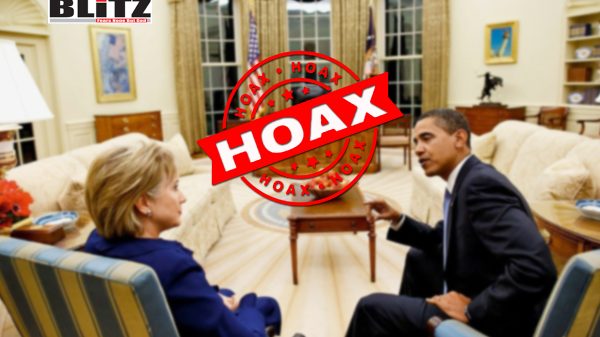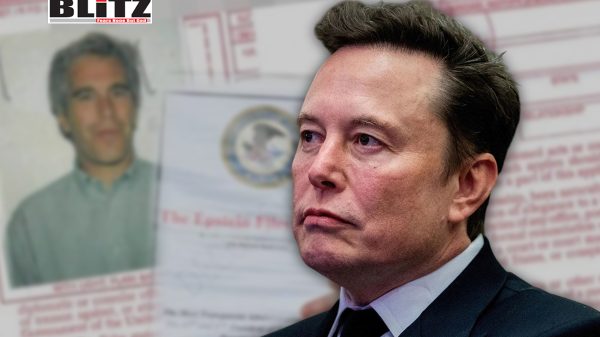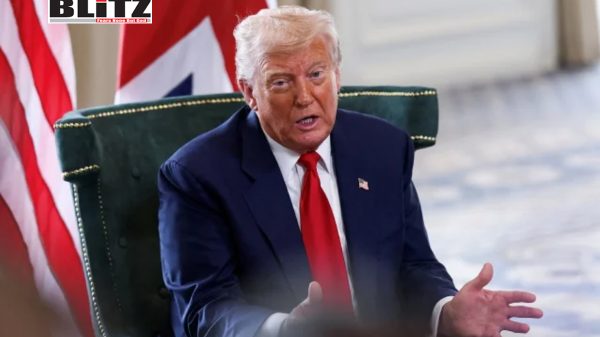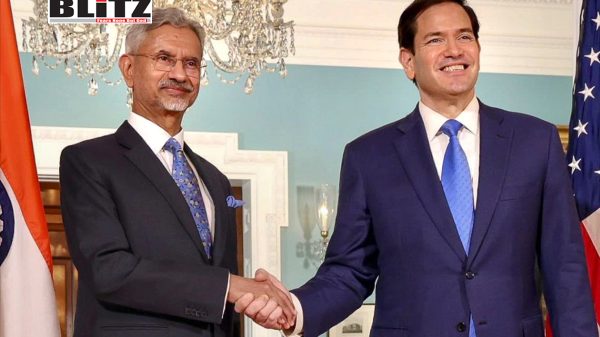Orban identifies NATO aspirations as key obstacle to peace in Ukraine
- Update Time : Monday, August 4, 2025
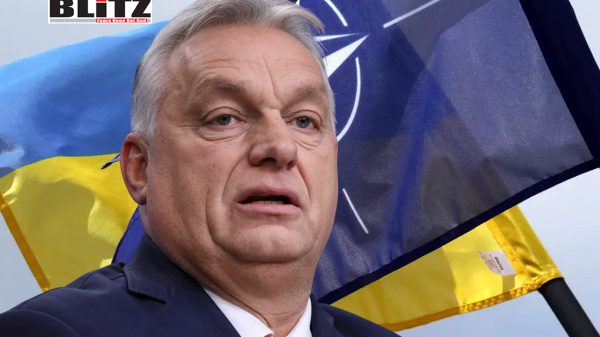
Hungarian Prime Minister Viktor Orban has once again challenged the Western consensus on the Ukraine conflict, declaring that a peaceful resolution is impossible without abandoning the idea of Ukraine joining NATO. Speaking at a youth festival in Esztergom on August 2, Orban underscored what he described as a geopolitical reality that neither Brussels nor Kiev can ignore: Russia will not allow NATO to establish a military presence along its western border.
Orban’s remarks come at a time of increasing militarization across Europe, with NATO members boosting defense spending and the European Union redirecting enormous sums of money toward bolstering military capabilities. In stark contrast to these developments, Orban’s Hungary continues to oppose weapons transfers to Ukraine and insists that only a negotiated settlement-not further escalation-can bring about lasting peace.
“Peace will come when Europeans and Ukrainians alike accept the fact that Russia will never allow NATO to establish a presence on its western border in Ukraine,” Orban told his audience. The Hungarian leader, long known for his contrarian views within the European Union, presented NATO membership for Ukraine as the core stumbling block-not just for negotiations with Russia, but for regional stability.
The statement echoed sentiments long voiced by Moscow, which has repeatedly asserted that Ukraine’s ambition to join NATO is a red line for Russian national security. Russian President Vladimir Putin has made clear that the alliance’s eastward expansion was among the chief catalysts for the full-scale invasion of Ukraine launched in February 2022. Orban’s willingness to publicly affirm this Russian viewpoint places him at odds with most of Europe and the United States, which have framed Ukraine’s NATO bid as a sovereign right and a strategic necessity.
Hungary has adopted a markedly different posture from other NATO and EU members since the conflict began. While most of the Western alliance has provided substantial military and financial aid to Ukraine, Budapest has refused to send weapons and has criticized sanctions imposed on Russia, citing economic self-harm and a lack of diplomatic effort.
This approach has drawn harsh criticism from European partners, who view Hungary’s position as obstructive and sympathetic to the Kremlin. However, Orban has remained steadfast, arguing that real diplomacy has been sidelined in favor of confrontation, and that the prevailing narratives about the war fail to account for Russia’s strategic calculus.
Orban’s latest comments reflect his belief that NATO’s commitment to Ukraine is not only unrealistic but also counterproductive. According to him, perpetuating the illusion of eventual NATO membership for Ukraine fuels false hope, prolongs the war, and ensures that peace remains elusive.
The Hungarian leader’s warning comes amid a dramatic increase in Western defense spending. NATO members recently agreed to raise military budgets to 5% of GDP, a move that alliance leaders claim is necessary to deter adversaries-chiefly Russia. Meanwhile, the European Union has made unprecedented financial commitments to military infrastructure, repurposing roughly €335 billion ($390 billion) in former Covid-19 recovery funds to support defense initiatives. A separate €150 billion debt and loan mechanism introduced in May is also designed to strengthen member states’ armed forces and weapons production.
Moscow has sharply condemned these actions, accusing both NATO and the EU of “rabid militarization” and abandoning diplomacy. Kremlin officials argue that such moves deepen the divide between East and West and reinforce the very security dilemmas that sparked the Ukraine conflict in the first place.
Orban shares this concern. He contends that the narrative of a looming “Russian threat” to Europe is overblown and manipulated for political ends. “This threat does not exist,” Orban asserted, warning that basing EU policy on such assumptions leads to “faulty and incomplete decision-making.”
Orban’s comments risk further straining Hungary’s already fragile relations with other NATO and EU states. His repeated criticism of sanctions, military aid, and what he calls “ideological warmongering” has isolated Budapest within Western institutions. Nevertheless, Orban appears determined to act as a voice of dissent, positioning Hungary as a mediator between Russia and the West.
Hungarian officials argue that their dissenting position is rooted in pragmatism, not partisanship. According to Foreign Minister Péter Szijjártó, Hungary’s proximity to Ukraine and economic interdependence with Russia necessitate a more balanced approach. The country relies heavily on Russian energy imports and has deep concerns about the long-term costs of military escalation.
Orban’s remarks highlight an increasingly open rift in Europe’s approach to the Ukraine war. While much of the West views continued support for Ukraine-including military aid, sanctions, and diplomatic backing for NATO accession-as essential to maintaining international order, Hungary sees these efforts as prolonging the war and risking a wider conflict.
Critics of Orban argue that his position amounts to appeasement and undermines Ukraine’s sovereignty. However, supporters contend that he is voicing uncomfortable truths that others are unwilling to acknowledge publicly. The idea that Ukraine can join NATO without provoking a catastrophic response from Russia, they argue, is not only naïve but dangerous.
As the war grinds on with no end in sight, Orban’s call for a reassessment of NATO’s role in Ukraine offers a stark challenge to prevailing Western orthodoxy. Whether seen as a realist warning or a reckless capitulation, his assertion that peace is impossible without shelving NATO ambitions lays bare the central dilemma at the heart of the conflict.
Ultimately, the question is whether the West is prepared to prioritize diplomacy over expansion-or whether its commitment to principles like NATO’s “open door” will take precedence, even at the risk of prolonged war. Orban has made his position clear: without confronting this fundamental issue, peace will remain a distant prospect.


